To realize this vision in the spirit of Resolution No. 57-NQ/TW of the Politburo on breakthroughs in science and technology development, innovation and digital transformation, experts agree that innovating financial mechanisms for science and technology activities and promoting commercialization of research results is an urgent requirement today.
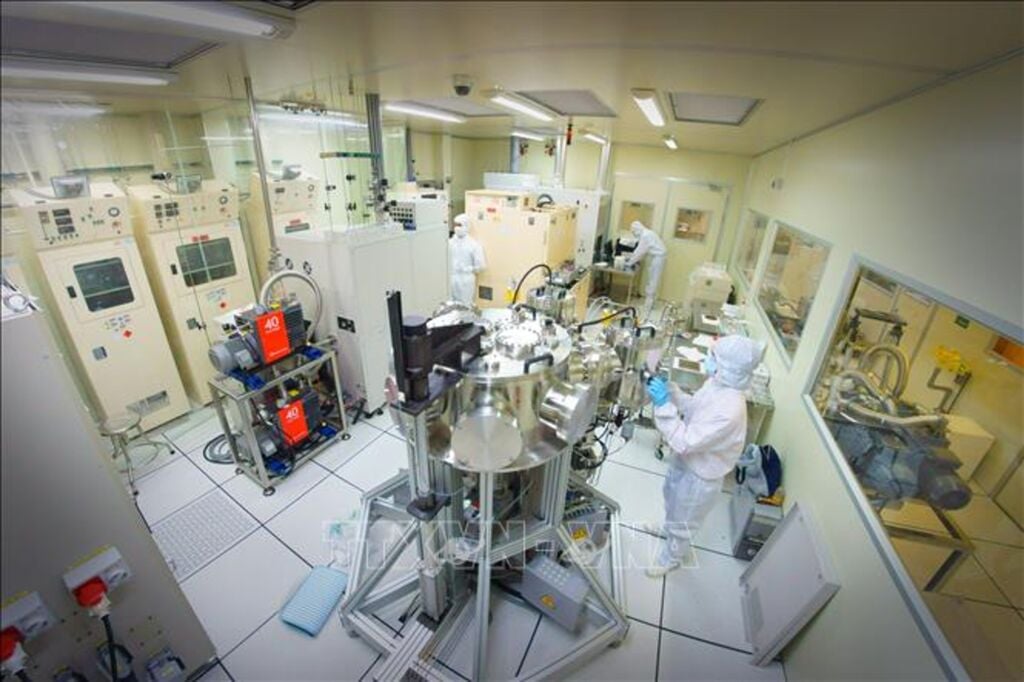
Expanding public-private partnership
From the perspective of financial policy, Ms. Nguyen Thi Thu Hien, Head of the Financial Regime and Inspection Department, Department of Finance and Investment Management, Office of the Party Central Committee, said that, in the spirit of Resolution 57, the conversion of the public financial mechanism for science and technology from "allocation" to "ordering, assigning tasks, bidding" is an important step forward, expected to improve investment efficiency and research quality.
However, according to Ms. Nguyen Thi Thu Hien, one of the biggest “bottlenecks” today is that the public financial mechanism for science and technology is still inflexible and does not accept risks. State ownership of research results using the state budget is reducing the motivation for innovation and commercialization. In addition, the overly strict budget allocation, monitoring and control processes have stifled basic research activities, which are inherently high-risk.
Ms. Nguyen Thi Thu Hien proposed a number of solutions to innovate financial policies for science and technology activities, promoting the commercialization of research results such as: Improving the efficiency of public spending through the spending contract mechanism, increasing controlled risk acceptance and reforming science and technology development funds; mobilizing private capital and alternative resources such as venture capital funds, crowdfunding models. At the same time, promoting commercialization by reforming intellectual property rights, technology valuation, developing science and technology business incubators and expanding public-private partnerships.
For Resolution 57 to truly come into life, Ms. Nguyen Thi Thu Hien emphasized, Vietnam needs a synchronous "push" from reforming financial institutions, improving professionalism and transparency in ordering and bidding mechanisms, to creating strong financial incentives to unleash private resources and master technology. Specifically, the financial management mechanism in science and technology activities must be synchronous, appropriate and not inconsistent with other regulations. Regarding the issue of decentralization and delegation of decision-making power on spending, it must be thoroughly clear and avoid cross-fertilization. Expenditure norms must be built based on science and technology activities and regularly adjusted to closely follow the market and socio-economic conditions. State management agencies need to complete synchronous regulatory mechanisms, simplify approval procedures for plans and estimates so that scientists can be proactive and focus on research to produce effective and quality products.
Developing a "three-house" linked ecosystem
Associate Professor, Dr. Nguyen Ngoc Ha, Director of the Institute for Innovation Research (Foreign Trade University) affirmed that innovation and technology transfer are vital strategies in the context of increasingly fierce global competition. Vietnam has achieved many positive results such as increasing its ranking on the Global Innovation Index, developing a startup ecosystem and attracting international technology enterprises.
However, the level of investment in research and development (R&D) is still low, accounting for only about 0.42% of GDP - far lower than that of developed countries. Most domestic enterprises do not fully understand the strategic role of R&D, leading to a situation of scattered and in-depth investment. In addition, the policy framework supporting innovation is still inadequate, administrative procedures are cumbersome, and intellectual property protection mechanisms are weak, causing enterprises to lack motivation to continuously innovate.
According to Associate Professor Nguyen Ngoc Ha, to improve the situation, Vietnam needs to comprehensively reform institutions, implement a strategy for developing high-quality human resources, and at the same time promote businesses to invest heavily in R&D, build a culture of innovation and develop a "three-house" ecosystem: State - Enterprise - School.
Emphasizing the difficulties in scientific research that contain many risks for organizations and individuals conducting research, Associate Professor Nguyen Ngoc Ha said that, with scientific research using state budget, to minimize risks and responsibilities, researchers can only set modest, easy-to-achieve goals with scientific research results that do not need to create too much of a gap with current understanding. This makes scientific research results less groundbreaking, making it difficult to bring about strong changes for socio-economic development.
According to Associate Professor Nguyen Ngoc Ha, accepting risks in scientific research, as in the spirit of Resolution 57, is expected to pave the way for groundbreaking and leading works. This is a key factor for scientists to boldly pursue new ideas, capable of creating breakthroughs. However, accepting risks does not mean being lenient or accepting research results at all costs. Being lenient in any stage of the research process, from planning, reviewing to evaluating, can lead to taking advantage of this policy. This potentially poses a risk of negatively affecting the legitimate rights and interests of the State, as well as of related organizations and individuals.
For science to truly become a “lighting torch” for production and sustainable development, Associate Professor Nguyen Ngoc Ha emphasized the need for an open institution, creating a legal space for scientists and businesses to dare to experiment, innovate, and even accept risks.
Source: https://doanhnghiepvn.vn/cong-nghe/dot-pha-theo-nghi-quyet-57-doi-moi-toan-dien-co-che-tai-chinh-cho-khoa-hoc-va-cong-nghe/20250614081629973



![[Photo] President Luong Cuong receives US Secretary of War Pete Hegseth](https://vphoto.vietnam.vn/thumb/1200x675/vietnam/resource/IMAGE/2025/11/02/1762089839868_ndo_br_1-jpg.webp)


![[Photo] Lam Dong: Images of damage after a suspected lake burst in Tuy Phong](https://vphoto.vietnam.vn/thumb/1200x675/vietnam/resource/IMAGE/2025/11/02/1762078736805_8e7f5424f473782d2162-5118-jpg.webp)

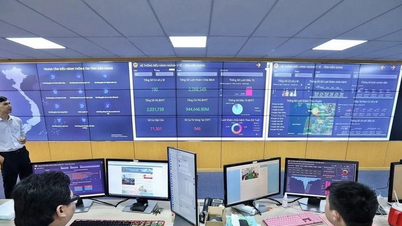

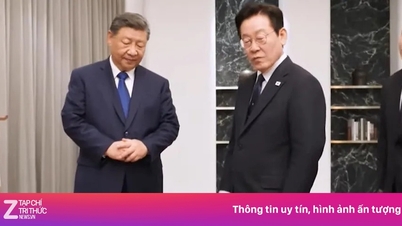












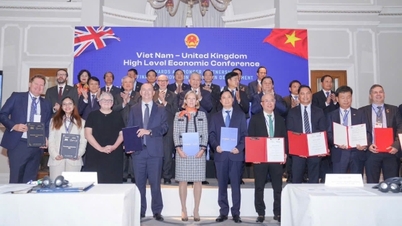
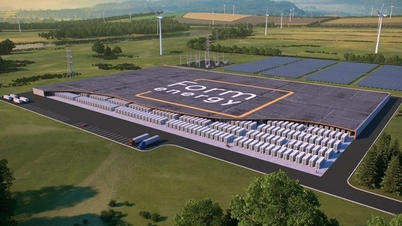





































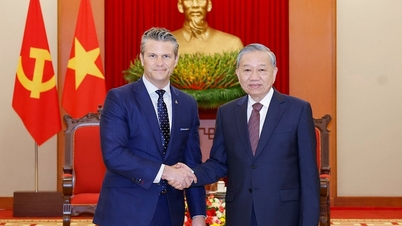











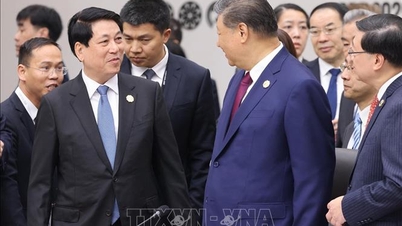

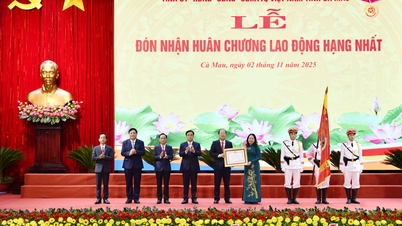









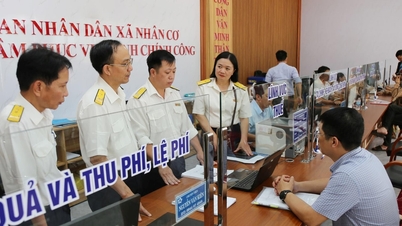















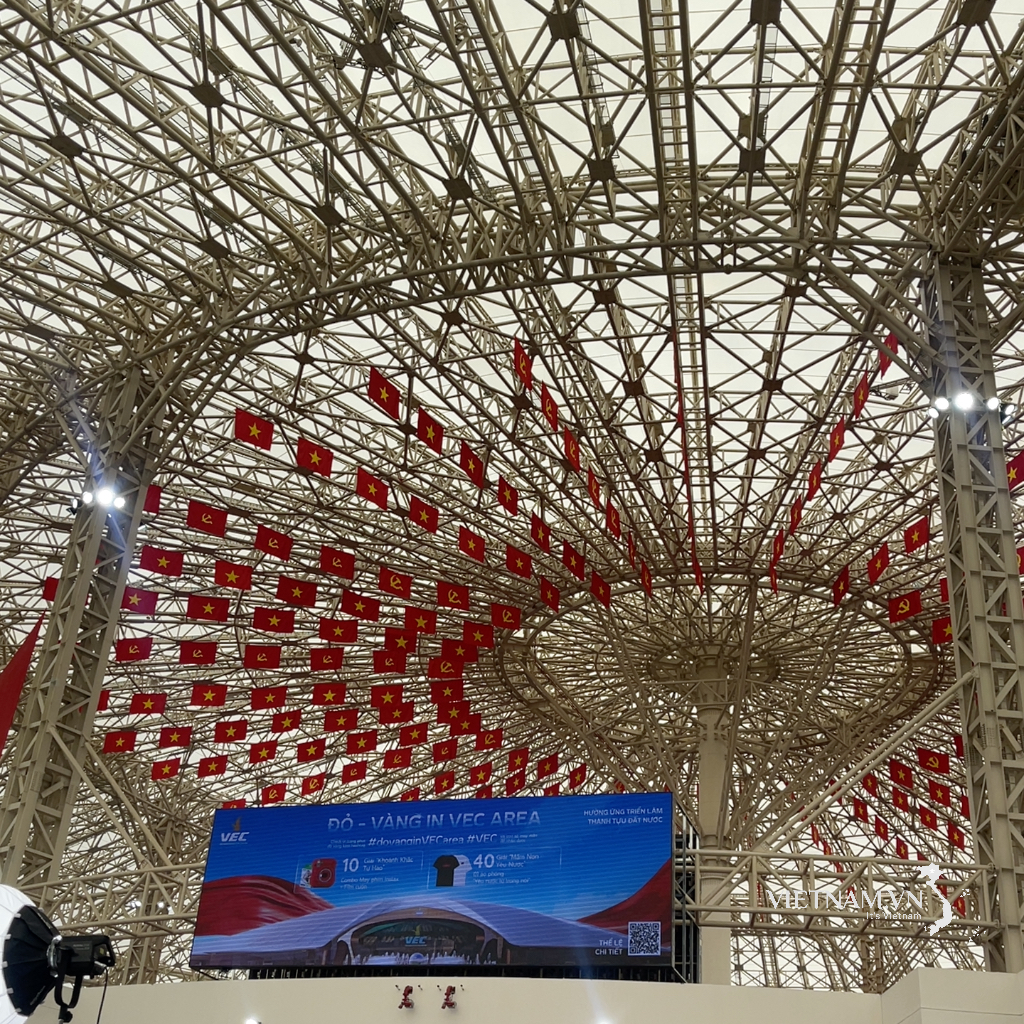
Comment (0)